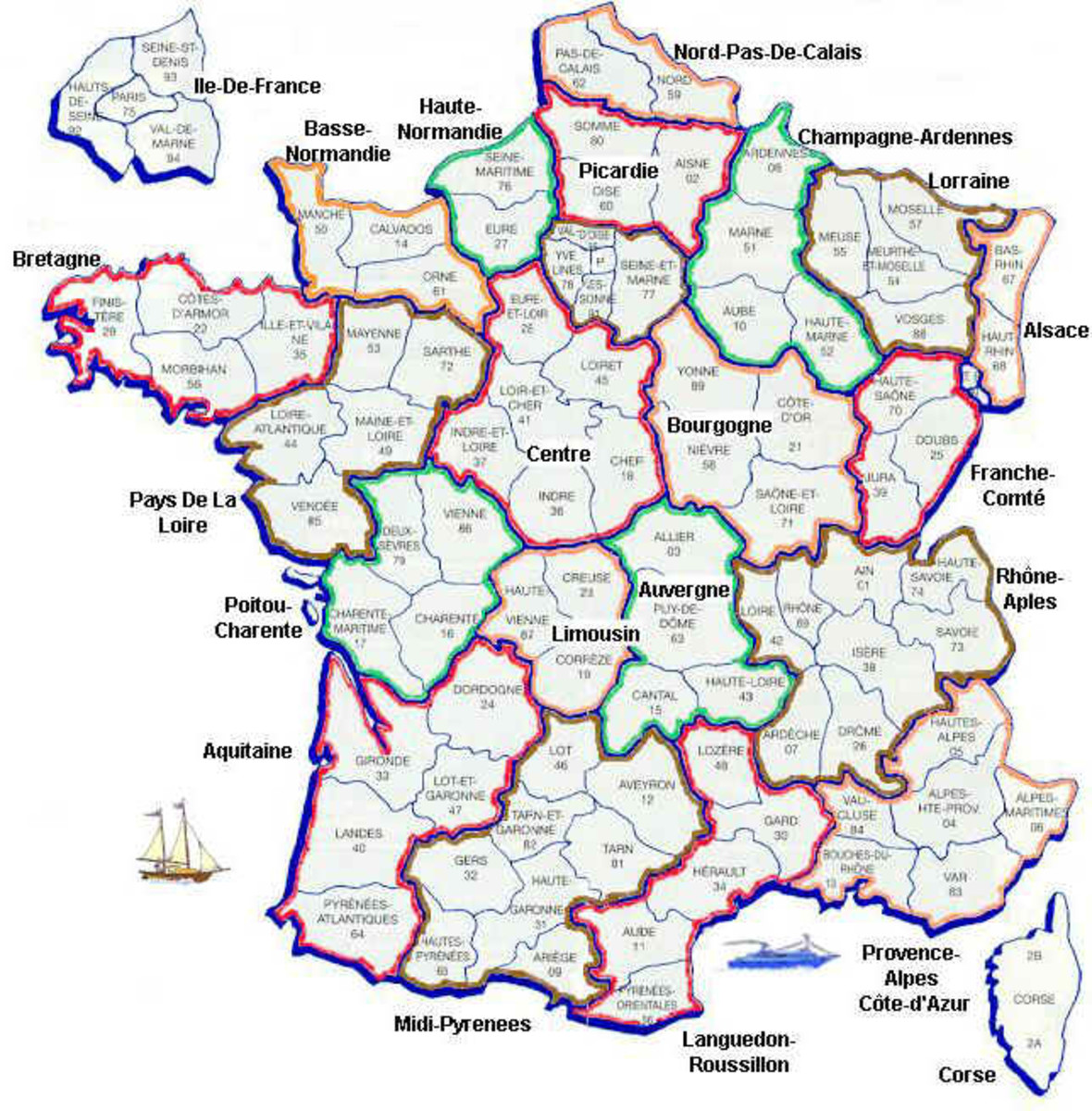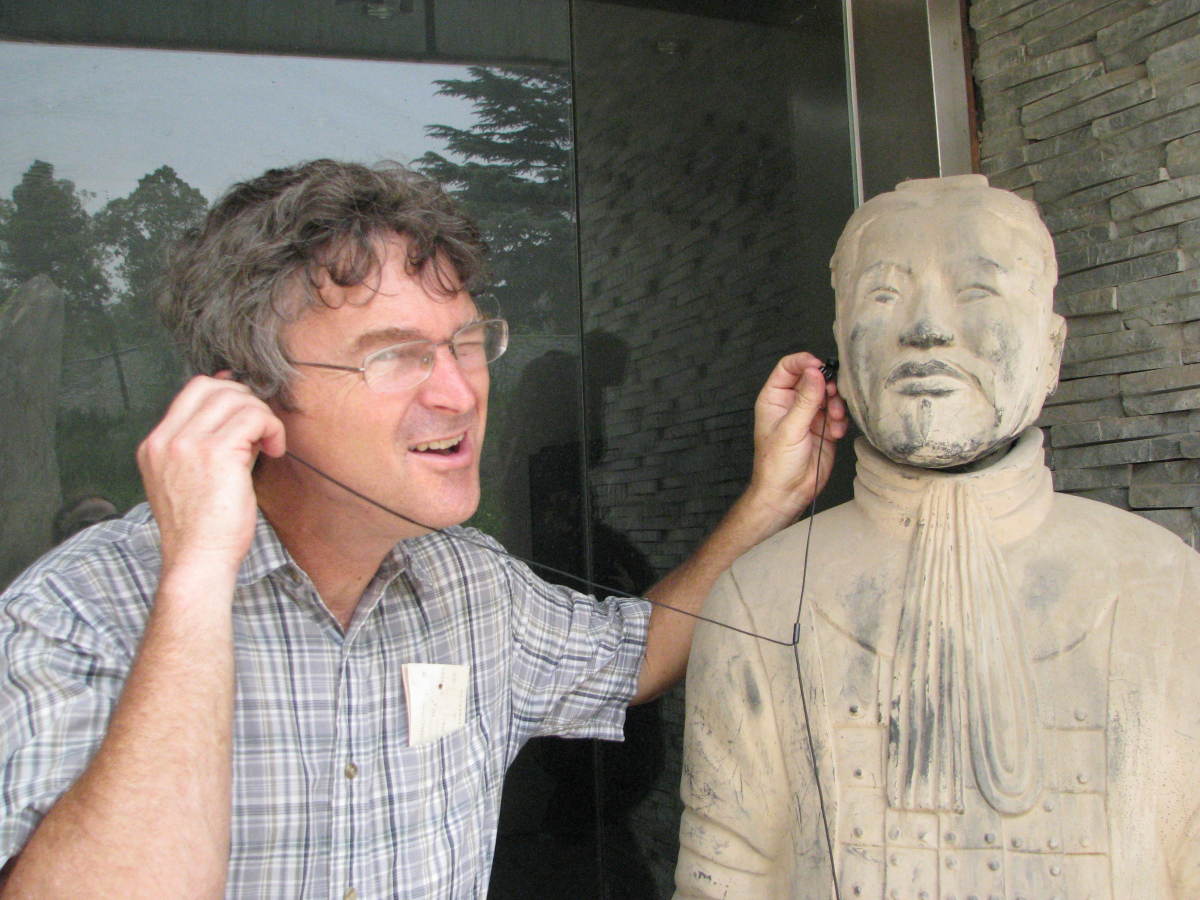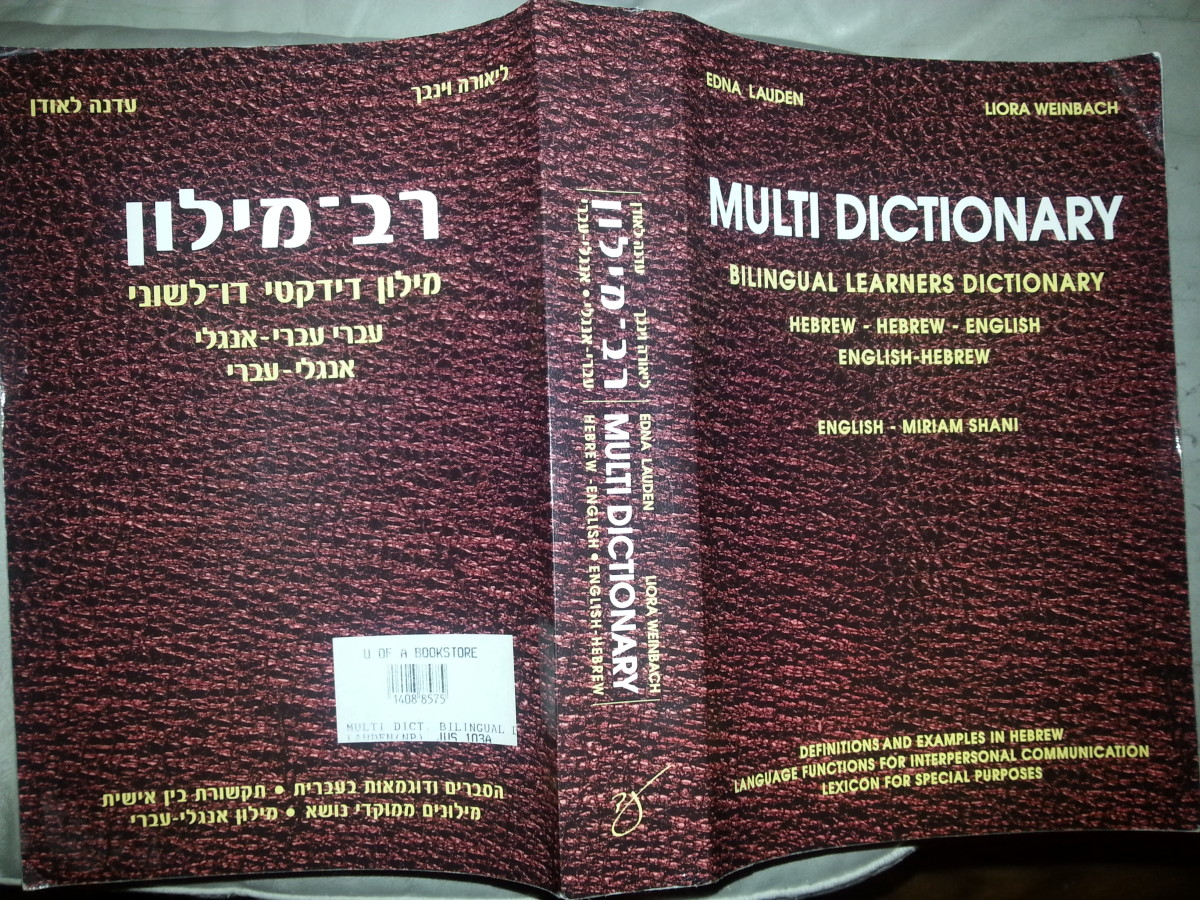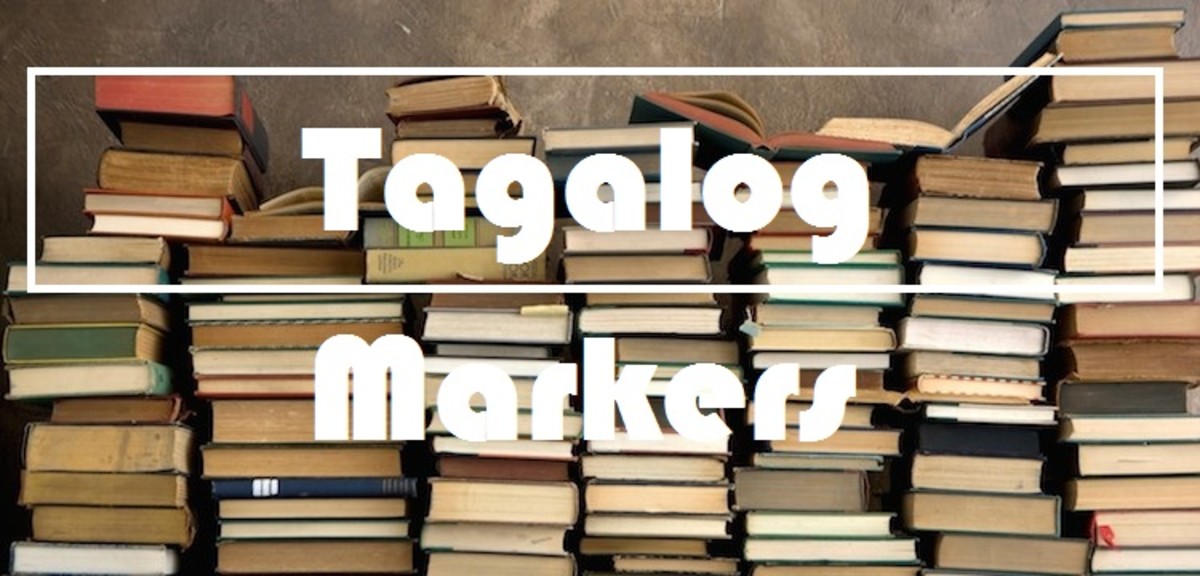How to learn Indonesian language – bahasa Indonesia
Bahasa Indonesia is the national language of The republic of Indonesia and is spoken natively by approximately 240 million people. Although there are several other native languages on the different islands of Indonesia (such as Balinese and Javanese), Indonesian will be spoken in addition to this and television programmes and books are mostly published in standard Bahasa Indonesia.
Indonesian evolved from a Malay trade dialect and evolved from the influences on the country due to colonization, trading and immigration. Many modern Indonesian words today sound similar to their original versions in Dutch, Portuguese, Chinese and Arabic.
If you’re planning to work or travel in Indonesia your experience will be vastly enhanced by the ability to speak and understand even a little Indonesian and the basics of the language are very simple compared to other languages. Within a few weeks of study you can be conversational in the Indonesian, making it a very rewarding language to learn.
Note to reader: unfortunately I have had to remove all the links in this hub as hubpages kept blocking it. I am very sorry about this as they were very useful links to free learning websites which I have found very helpful to me but for whatever reason, hubpages doesn't seem to want me to link to them. I've given guidelines to finding sites instead so hopefully you can find the same useful sites yourself.
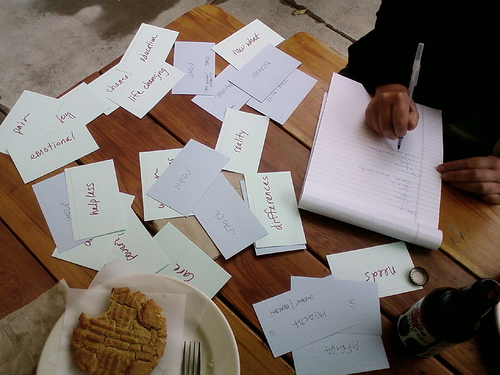
Flash cards
Making flash cards is probably the most efficient way of learning new vocabulary. You can buy them premade or easily make your own. Start with the words that you’ll be using most commonly and then you can branch out into more unusual words. Try to use your flash cards a little every day and take them with you so you can practice when you’re on the bus on the way to work or waiting to meet a friend. Remember to review words you’ve already learned so that you don’t forget them.
Books for learning Indonesian
There are various books available for learning Indonesian.
If you’re going on holiday and just want to be able to get by in the local language, a phrase book will be sufficient. The Lonely Planet Indonesian Phrasebook is one of the better ones.
If you’re staying in Indonesia for some time or want to learn the language in more depth, you’ll need a dictionary. The Tuttle concise Indonesian dictionary is a good choice for beginners as it lists verbs both in their base form and with prefixes so you don’t need to know about the structure of Indonesian grammar to be able to look up words.
If you prefer a more structured method of learning, you’ll want more of an all-round text book. The Bahasa Indonesia series is the standard text in university courses and starts from the basics, building in vocabulary and grammar lessons as you progress.
Learn Indonesian podcasts and audio lessons
It’s vital that you hear spoken Indonesian when you’re learning and don’t try to rely solely on websites and books. Search the itunes store or google for 'learn indonesian podcast' to find a series of free podcasts for learning Bahasa Indonesia, which are perfect for beginners.
The ‘Teach yourself’ series is also a good learning resource which includes a cd of audio lessons.
Indonesian Television and Radio
If you’re currently in Indonesia, stick to the local channels and try watching the news or soap operas in Indonesian. You may not be able to understand anything at first but you’ll soon start picking up words and phrases. Children’s TV is useful when you’re still getting used to the speed of the language as they tend to speak in a clearer way with simpler vocabulary.
If you’re not in Indonesia, you can watch some channels on your computer via the internet. Hubpages won't let me link to them but try googling "watch Indonesian tv" to get a selection to try.
There are also many Indonesian radio stations that stream live on the Internet. Just google ‘indonesian radio’ for a list of some available stations.
Reading Indonesian novels
This is a great way to improve your reading skills and vocabulary once you have a moderate understanding of the language. Try to get the gist of what you’re reading without looking anything up and then use your dictionary to look up words you don’t know. Write these words on a flash card to use in your daily practice.
Find an Indonesian language teacher or language exchange partner
Nothing is a substitute for conversation and if you want to be fluent you’ll eventually need to find a native speaker to converse with. If you’re currently in Indonesia this will obviously be much easier and there will probably be several teachers or language schools available to you, plus the chance to converse on a daily basis. If you’re still in your home country have a search online for evening classes that may be held at your local school or community college or advertise in your local newspaper for a conversation partner. If you can’t find anything locally, you can again turn to the internet and search for "free online language exchange" to find a conversation partner to talk to online.
Some useful Indonesian phrases
Finally to get you started, here are some basic phrases that will be useful to you if you travel to Indonesia
Good morning Selamat pagi
Good day Selamat siang
Good afternoon Selamat sore
Good evening Selamat malam
How are you? Apa kabar?
I’m fine Baik baik
Thank you Terima Kasih
Excuse me Permisi
Sorry Maaf
I want… Saya mau
Do you have…? Ada…?
What is your name? Siapa nama?
My name is…. Nama saya ……
I don’t understand Saya tidak mengerti
I don’t speak Indonesian Saya tidak bisa bicara bahasa Indonesia
I speak a little Indonesian Saya bisa bicara bahasa Indonesia sedikit
Can you speak English? Kamu bisa bicara bahasa Ingriss?



